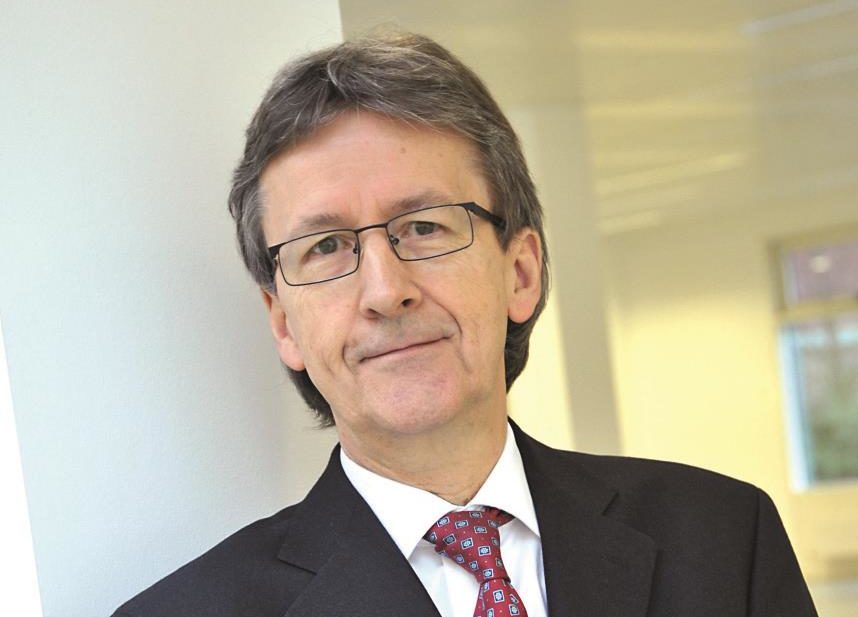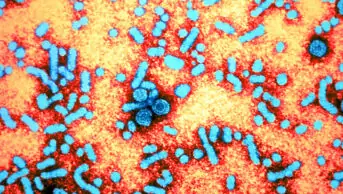
Royal Pharmaceutical Society
The closure of Scotland’s busiest needle exchange service has been described by Alex MacKinnon, Royal Pharmaceutical Society (RPS) director for Scotland, as a decision that “frankly beggars belief”.
The service provided by a branch of Boots based within Glasgow Central Station since July 2016 closed on 24 September 2017 after Network Rail, who own the station, raised concerns.
A Network Rail spokesperson told The Pharmaceutical Journal: “We have been meeting with partners about the needle exchange since late last year, when it became clear that there had been an increase in the unsafe discarding of needles in the public areas of the station.
“Working with the British Transport Police, Boots and the NHS, we put a number of mitigating actions in place but this did not result in a drop in incidents.”
MacKinnon said he was “very disappointed” with the decision to close the service and urged Network Rail to reconsider its decision.
“The pharmacy in Glasgow Central station delivered a key service to some of our most vulnerable people in society,” he said.
“Public policy should be about how best we provide person-centred services to ensure they deliver the best outcomes for the individual and the population as a whole. Not only did this pharmacy and its staff do that, but in the process it also saved our NHS a lot of money in the longer term, preventing spread of HIV and other blood borne diseases, as an estimated life-course treatment for HIV is estimated to be £360,000 per individual.”
MacKinnon added that he hoped the closure of the Central Station service would “expedite the provision of a safe supervised drug-injecting facility in central Glasgow which was approved in principle last year”.
The Network Rail spokesperson added: “We will be meeting with partners again to review the needle exchange service and, while we absolutely want to work with the public agencies to address this issue, our primary responsibility remains the safety of our staff and our passengers.”
In recent years, Glasgow has experienced a rapid increase in the number of people diagnosed as HIV positive. According to government figures, 42 diagnoses associated with injection of drugs were identified in 2015, compared with “typical” figures of 10 per year.
In 2015/2016, 219 pharmacies in Scotland provided needle exchange services. In England, data for 2014/2015 showed that 2315 pharmacies provided the service and the most recent figures for Wales, for 2013/2014, show that 213 pharmacies offered the facility.


